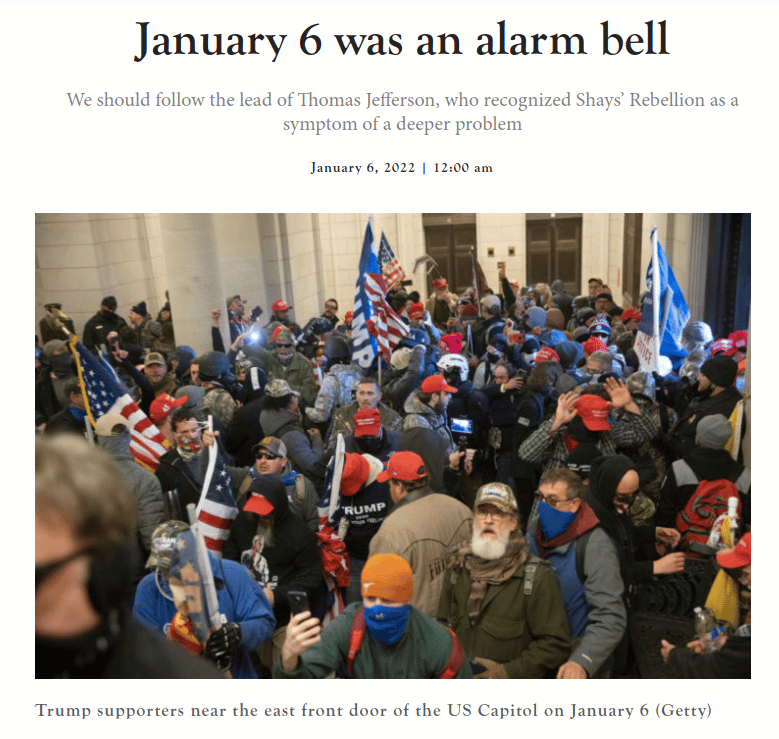Captain Deflection returns! Protector of the Establishment!
For more comics, visit the Webcomic Factory.
Captain Deflection returns! Protector of the Establishment!
For more comics, visit the Webcomic Factory.
Nice lady let me say things on TV
The Cheney democrats are making there case. If Israel can do it – so can we.
So Biden-Cheney is not such a crazy idea? I asked.
“Not at all,” said Levitsky. “We should be ready to talk about Liz Cheney as part of a blow-your-mind Israeli-style fusion coalition with Democrats. It is a coalition that says: ‘There is only one overriding goal right now — that is saving our democratic system.’”
The news is back or is it? How much longer can I do this strip before no one watches TV news anymore?
More comics at the Webcomic Factory.
The Supreme Court will live broadcast the oral arguments on whether or not to halt some of Biden’s vaccine mandates.
https://www.supremecourt.gov/oral_arguments/live.aspx
Attorny Robert Barnes and Eric Hunley are covering this live. Robert Barnes is covering the Supreme Court arguments Today at SCOTUS: The court hears arguments on two major Biden administration vaccine policies as a surge in COVID cases sweeps America. The policies at stake: a vaccine-or-test requirement for workers at large employers, and a vaccine mandate for workers at health care centers.

“This uneasiness has produced acts absolutely unjustifiable,” Jefferson wrote, “but I hope they will provoke no severities from their governments.” He didn’t approve of the insurrection, but he feared how the authorities might respond. “Unsuccessful rebellions indeed generally establish the incroachments on the rights of the people which have produced them,” a fact that “should render honest republican governors so mild in their punishment of rebellions, as not to discourage them too much.”
Were insurrections like this one a threat to democracy? No, they were a concomitant of democracy. Jefferson believed that a government “wherein the will of every one has a just influence” was subject to certain unavoidable evils, “the principal of which is the turbulence to which it is subject.” And yet “Even this evil is productive of good. It prevents the degeneracy of government, and nourishes a general attention to the public affairs.” A small-time insurrection now and again “is a medicine necessary for the sound health of government.”
Jefferson stood in a long tradition of both supporters and opponents of democracy who understood it in this light. Popular government is tumultuous government, not the sterile, clinically administered thing of today’s democracy-from-above idealists. To be sure, Jefferson’s taste for tumult was stronger than that of most people even in his own time. Malo periculosam libertatem quam quietam servitutem, he wrote to Madison: “I prefer a dangerous freedom to tranquil servitude.”
Daniel McCarthy At The Spectator more here
I was invited on to The Clean Libertarian podcast to be part of a round table of fathers talking about the effects of the Covid tyranny on kids and our opinions of 2021.